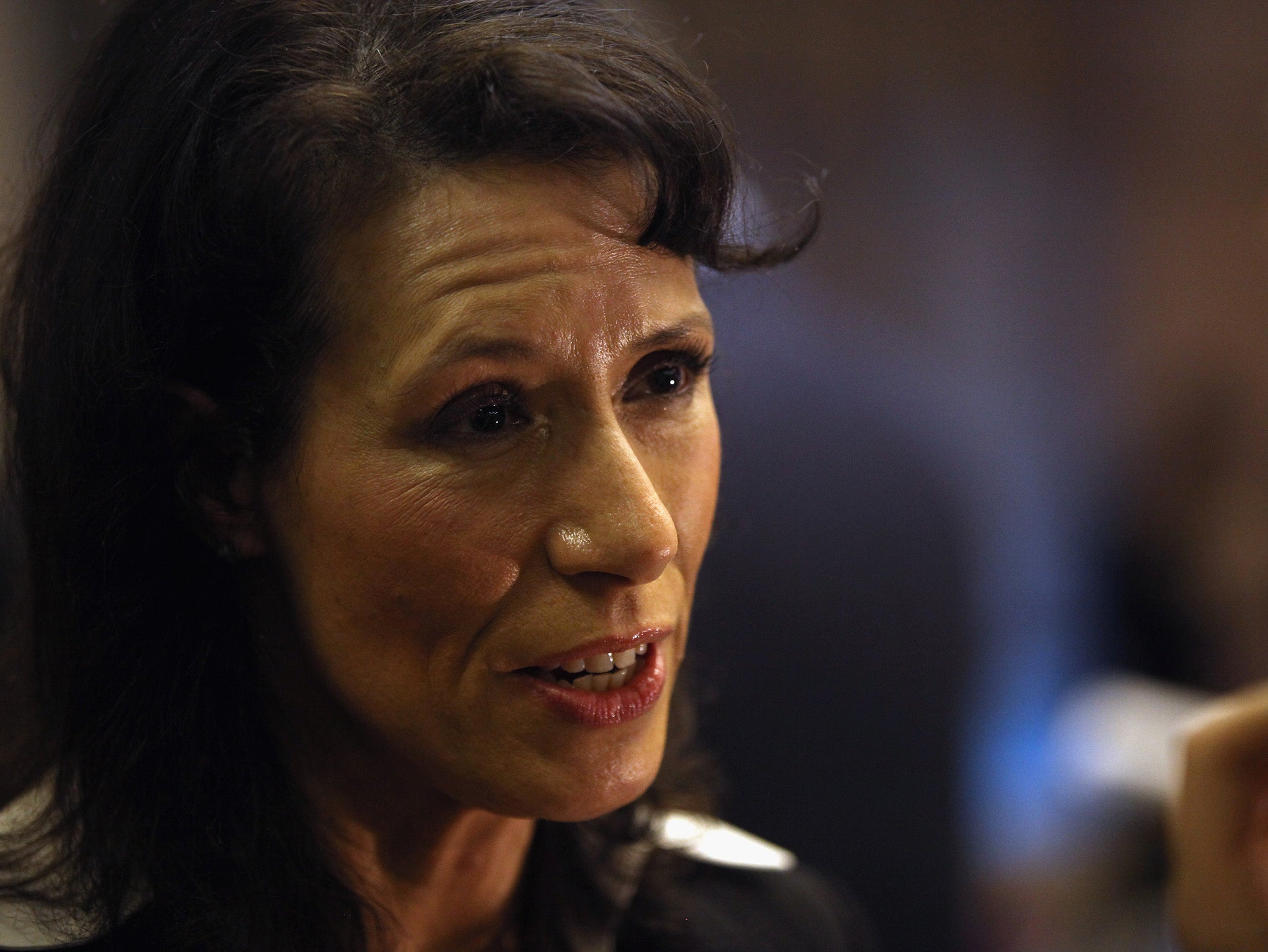Nearly 20,000 single parents estimated to be hit by benefit cap ruled unlawful by High Court, new figures reveal
Labour has renewed pressure on the Government to drop the policy after a High Court judge said it risked 'real damage' to lone parent families

New figures reveal that nearly 20,000 single parents with children under two are expected to be affected by the Government’s benefit cap just a fortnight after the High Court ruled the policy unlawful.
The data from the Department for Work and Pensions (DWP) added that of the 88,000 households estimated to be in the lower benefit cap nearly half – or 49 per cent – had children under five. The analysis also showed that 19,700 single parents had children under two.
Debbie Abrahams, the Shadow Work and Pensions Secretary, said the fresh figures highlighted the “huge impact the new, lowered household benefit cap has on lone parents who make up well over half of households affected, with nearly 80 per cent having children under five”.
Her comments come following the judgement by the High Court that the benefit cap is unlawful and illegally discriminates against single parents with young children under the age of two.
As part of legacy benefit reforms, introduced by the former Chancellor George Osborne, the new limit of the cap was reduced at the end of 2016 to £23,000 in London and £20,000 outside the capital.
Ms Abrahams continued: “As we warned, the impact of this and the Government’s other social security cuts is pushing more children into poverty, punishing them for their parent’s circumstances.
“The Government must listen to the High Court’s judgement that this policy is discriminatory and unlawful, marking another blow in their failing austerity agenda.
“Labour has stood against the reduction of the benefit cap. We need to tackle our struggling economy, labour market inequalities and the high cost of housing rather than penalising children.”
Unless the Government challenges the High Court ruling at the Supreme Court it is likely that ministers will be forced to abandon the welfare policy.
Delivering his verdict, High Court judge Mr Justice Collins said the benefit cap was causing “real damage” to lone parent families, and, in a further blow to ministers, said “real misery is being caused to no good purpose”.
“Those in need of welfare benefits fall within the poorest families with children”, he added.
“It seems that some 3.7 million children live in poverty and, as must be obvious, the cap cannot but exacerbate this. The need for alternative benefits to make up shortfalls is hardly conducive to the desire to incentivise work and so not provide benefits. There is powerful evidence that very young children are particularly sensitive to environmental influences. Poverty can have a very damaging effect on children under the age of five.”
A Department for Work and Pensions spokesman said: "Work is the best way to raise living standards, and many parents with young children are employed.
"The benefit cap incentivises work, even if it's part-time, as anyone eligible for working tax credits or the equivalent under Universal Credit, is exempt.
"Even with the cap, lone parents can still receive benefits up to the equivalent salary of £25,000, or £29,000 in London and we have made discretionary housing payments available to people who need extra help.
"Since the introduction of the cap in April 2013, over 29,000 households who previously had their benefits capped have moved into work and are no longer capped."
Subscribe to Independent Premium to bookmark this article
Want to bookmark your favourite articles and stories to read or reference later? Start your Independent Premium subscription today.

Join our commenting forum
Join thought-provoking conversations, follow other Independent readers and see their replies